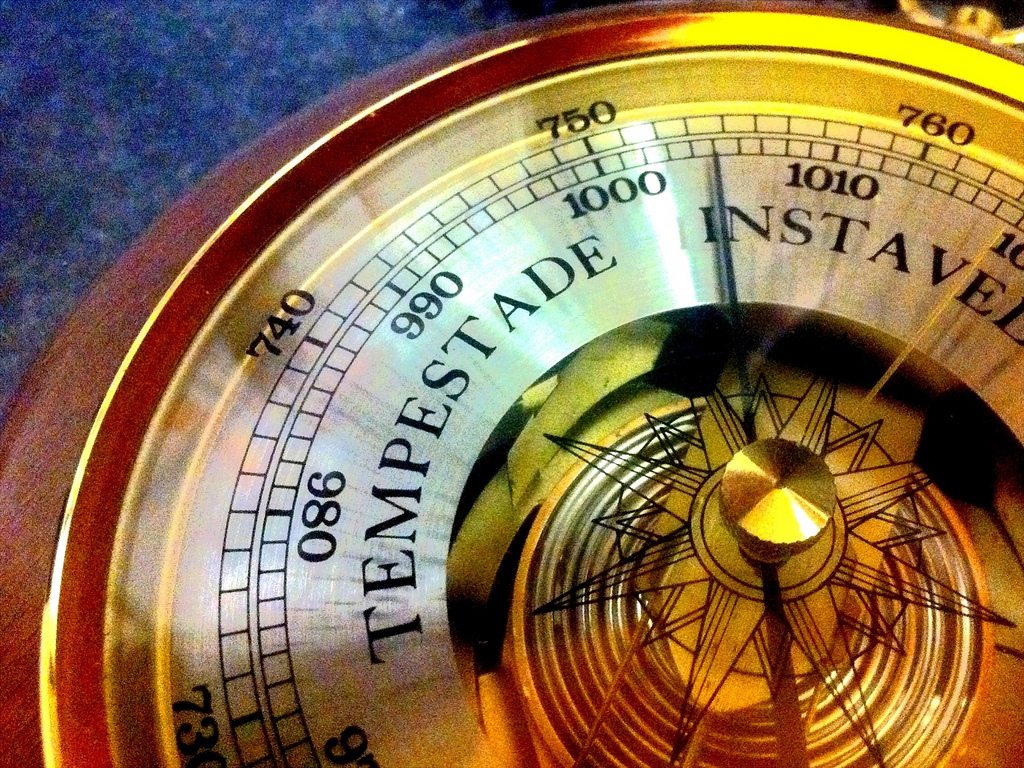“Paris agreement takes a giant leap”
October 26 The battle against climate change saw a significant moment, writes Shishir Patil, 21, a Correspondent from Bangalore, India, when India and the European Union signed the Paris Agreement and allowed the movement to reach two important conditions.
The battle against climate change saw a significant moment, writes Shishir Patil, 21, a Correspondent from Bangalore, India, when India and the European Union signed the Paris Agreement and allowed the movement to reach two important conditions.
The last few weeks have been quite a tapestry of events. The most notable amongst them is the ratification of the Paris Agreement.
It was in December last, at the 21st conference, that the parties to the United Nations Framework Convention on Climate Change negotiated the nitty-gritty of the agreement.
At 171 nations, the signing ceremony for the climate agreement set the record for the most countries to sign an international agreement on the introductory day. The previous record was set in 1982, when 119 countries signed the Law of the Sea Convention. Well isn’t it an interesting hypothesis to see what would happen to this record, if there were to be a dedicated climate agreement for the sea!
On a more serious note, for the agreement to come in force, there were two clauses that had to be met: at least 55 Parties to the Convention, and at least 55 per cent of the total greenhouse gas emissions contributors in the world had to ratify.
While the former was undemanding, the later was turning out to be susceptible. And on the fifth day of October, 2016, both the requirements were fulfilled. A jubilant occasion, which reflected the toils of the past year. There were two headwinds that propelled the decisions in the last few weeks.
The first was that India ratified the climate agreement.
On Gandhi Jayanthi (the birth anniversary of the Father of the nation, and a proponent of peace), the Union Minister for Environment, Mr. Prakash Javadekar, signed the agreement in the iconic UN General Assembly hall, at a ceremony hosted by the Secretary-General.
India is the fourth largest emitter of green house gasses behind China, the United States and the European Union. The bone of contention was that though India is a large contributor, the per-capita contribution of less than five per cent was less than the global average. Many in the nation questioned the losses that industries could face in an already uncertain global outlook. However, all concerns were side-stepped, keeping in mind the greater goal to combat climate change.
Though the 62nd state to ratify the agreement, it was its four per cent contribution to the greenhouse gasses which further pushed the prospects of crossing the threshold of the second clause of having a minimum of 55 per cent of greenhouse gasses contributors as signatories.
The second large factor saw the European Union submit its instrument of ratification.
An interesting setup in the Agreement is the requirement that both the EU and its member states are individually responsible for ratifying the Paris agreement. Notwithstanding the external factors such as the internal debates with regard to individual countries’ contribution in its share of reducing the emissions, or the recent Brexit, the European Parliament approved the ratification on 4th day of October, allaying all fears.
The instrument of ratification was deposited on the 5th day of October, along with Austria, Bolivia, France, Germany, Hungary, Malta, Nepal, Portugal, Slovakia and Canada. With the Union, accounting for nearly 12 per cent of the total global emission, the 55 per cent contributors’ objective was easily surpassed and it now stands at nearly 60 per cent.
In conclusion, the ratification of the Paris Agreement is a major triumph and a milestone in the shaping of the 21st century and beyond. As the Secretary-General himself expressed : “What once seemed unthinkable, is now unstoppable.”
The Paris agreement will now enter into force on the 4th of November 2016, as the countries get together to limit the rise of global temperature well below 2 degrees Celsius above pre-industrial levels. A Herculean task in itself, let’s each one of us here, as a part of the Commonwealth, do our part and help perpetuate this beautiful planet!
Photo credit: Domiriel Stormy Weather Approaches via photopin (license)
………………………………………………………………………………………………………………
About me: I am an undergraduate student from Bangalore, India, with a deep rooted passion for innovation in technology. With a keen eye for leveraging technology, I seek new frontiers for interesting applications.
A well known orator, when not dabbling in research at labs, you can find me engaged in a medley of activities ranging from poetry and anchoring to rowing and swimming.
………………………………………………………………………………………………………………
Opinions expressed in this article are those of the author and do not necessarily represent the views of the Commonwealth Youth Programme. Articles are published in a spirit of dialogue, respect and understanding. If you disagree, why not submit a response?
To learn more about becoming a Commonwealth Correspondent please visit: http://www.yourcommonwealth.org/submit-articles/
………………………………………………………………………………………………………………




